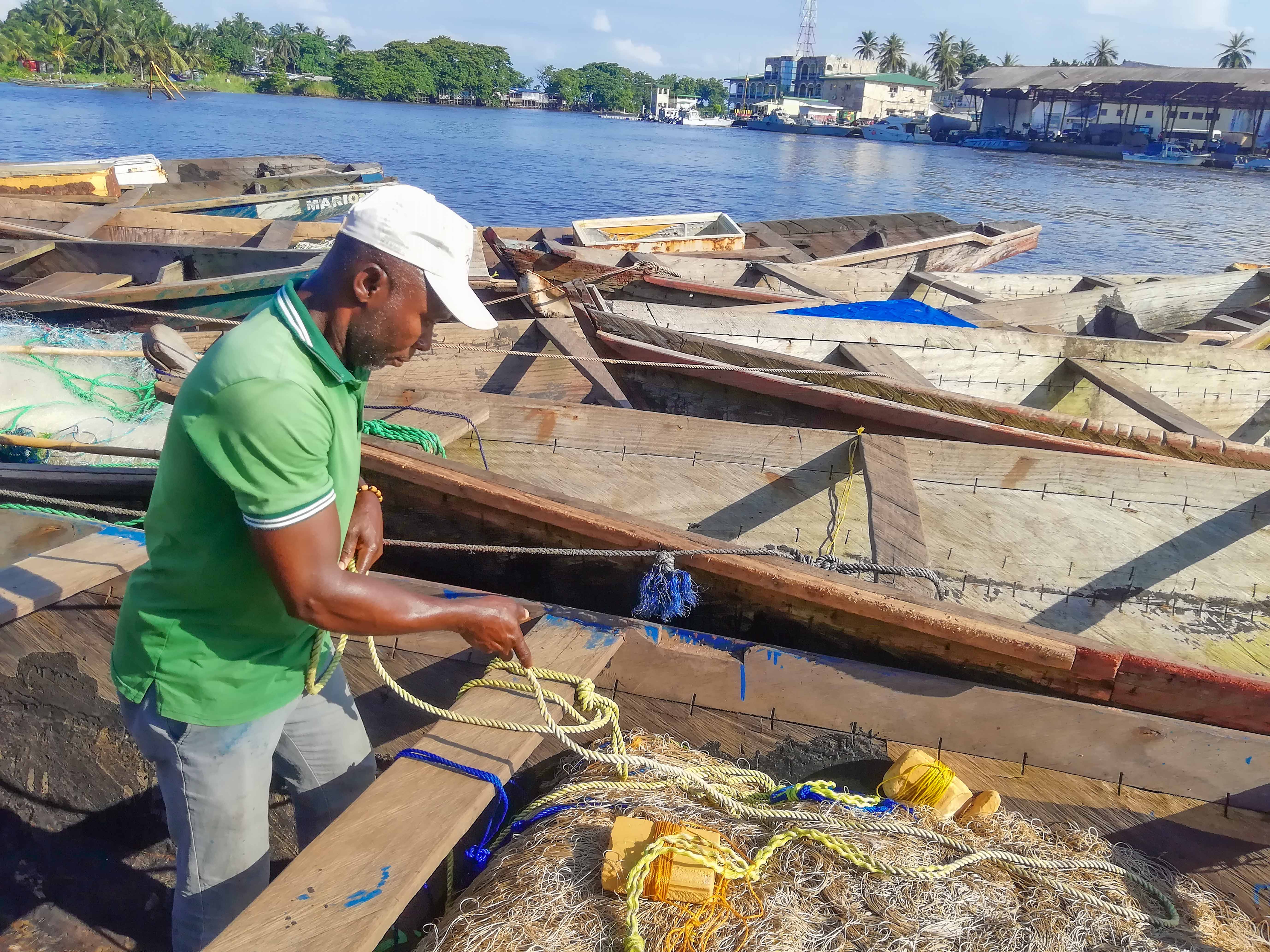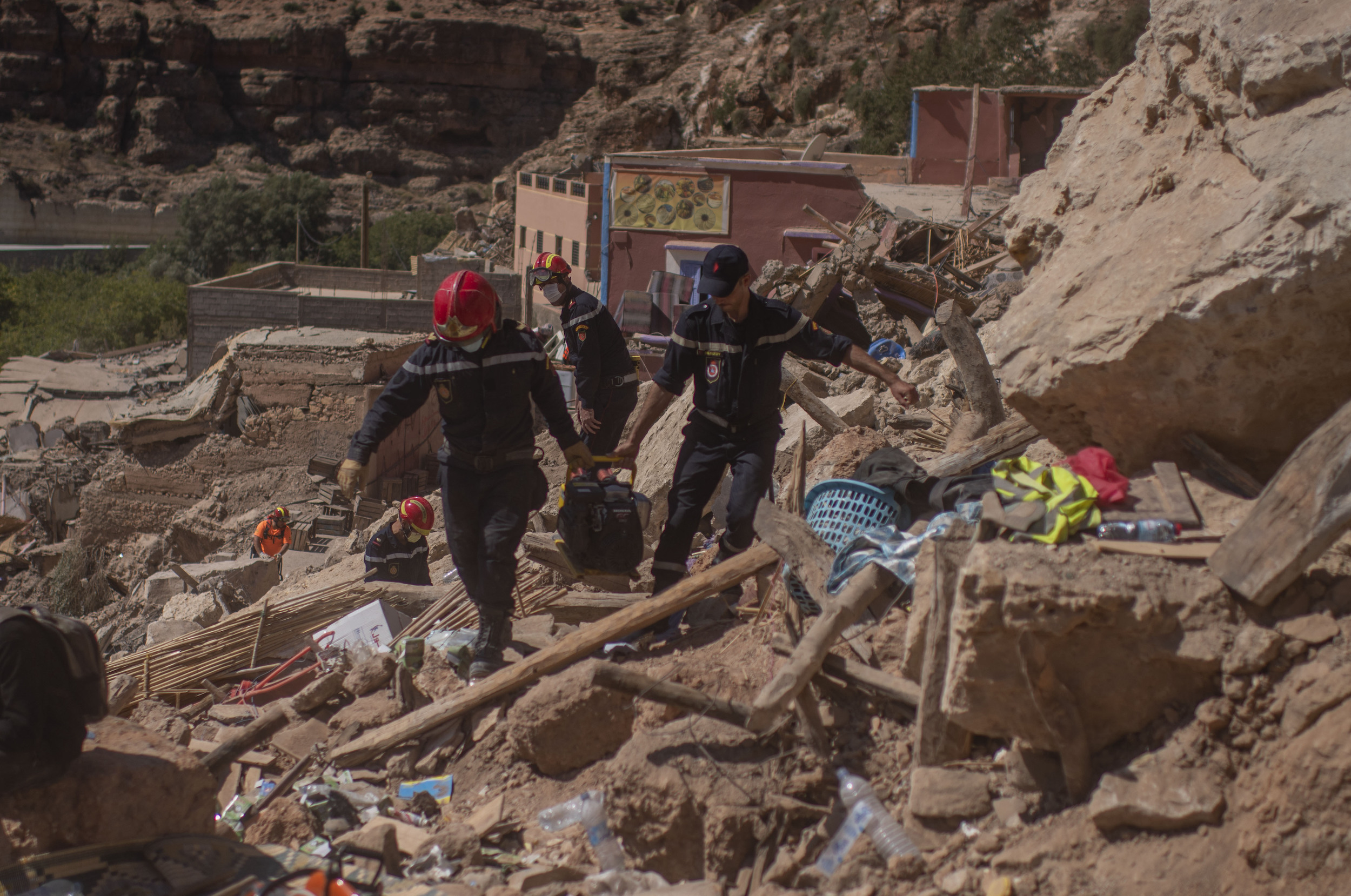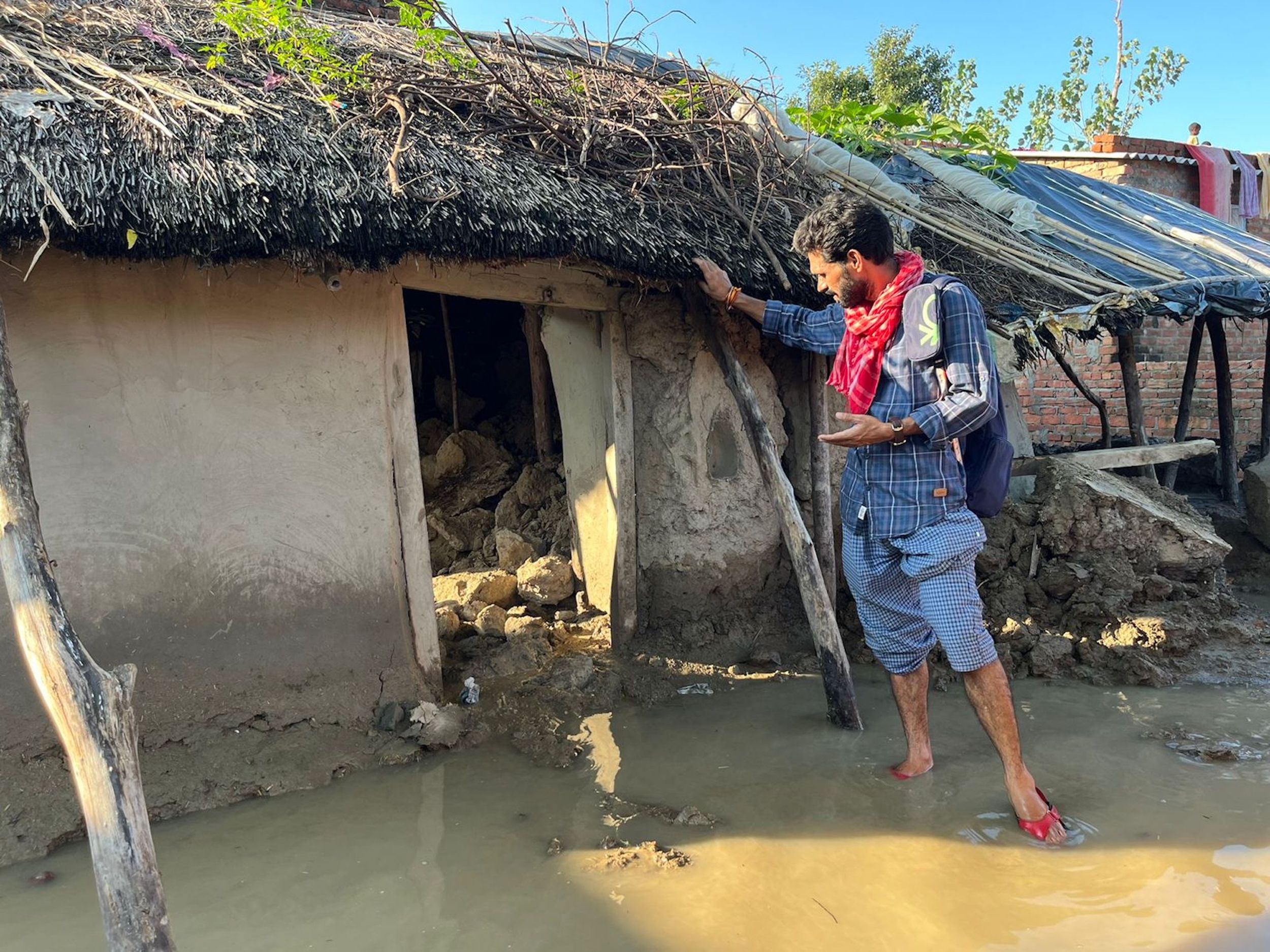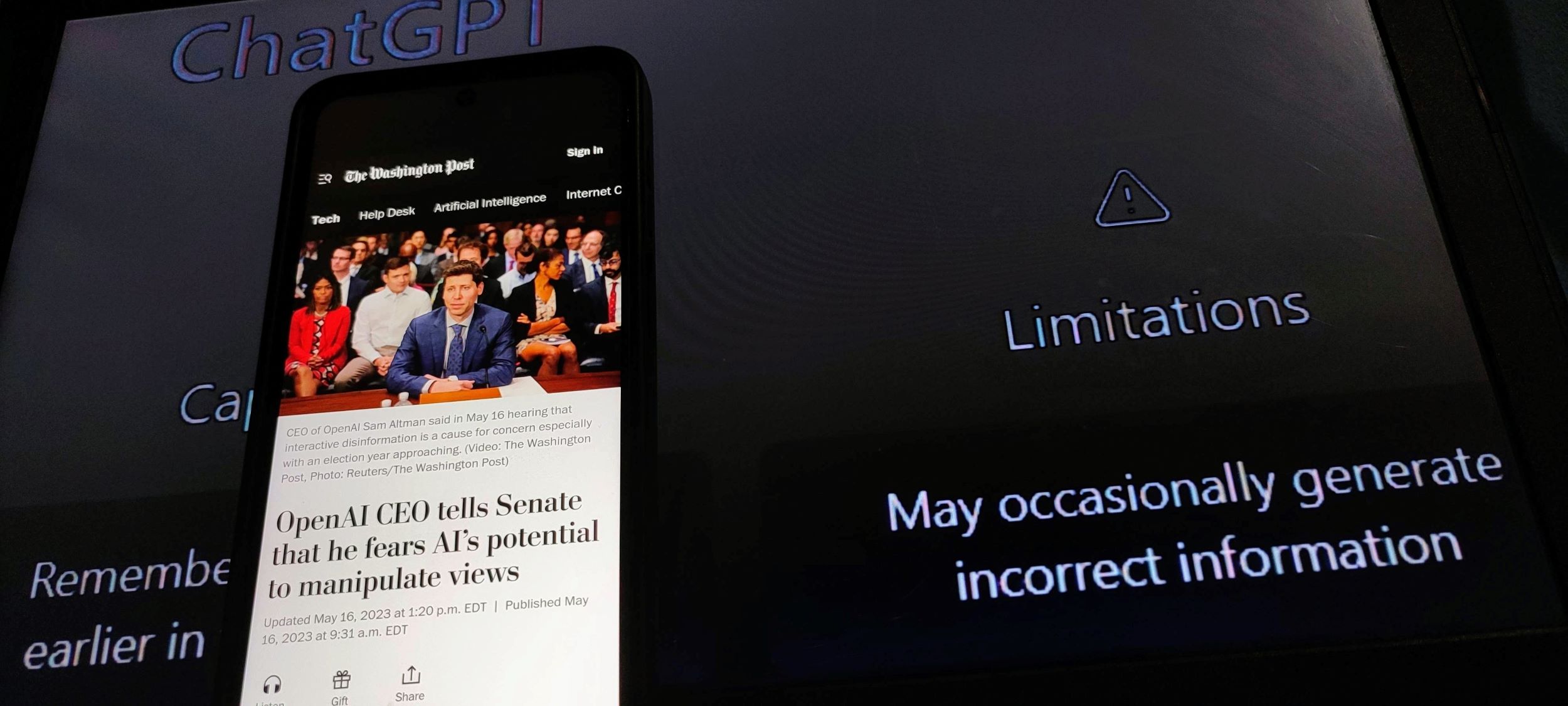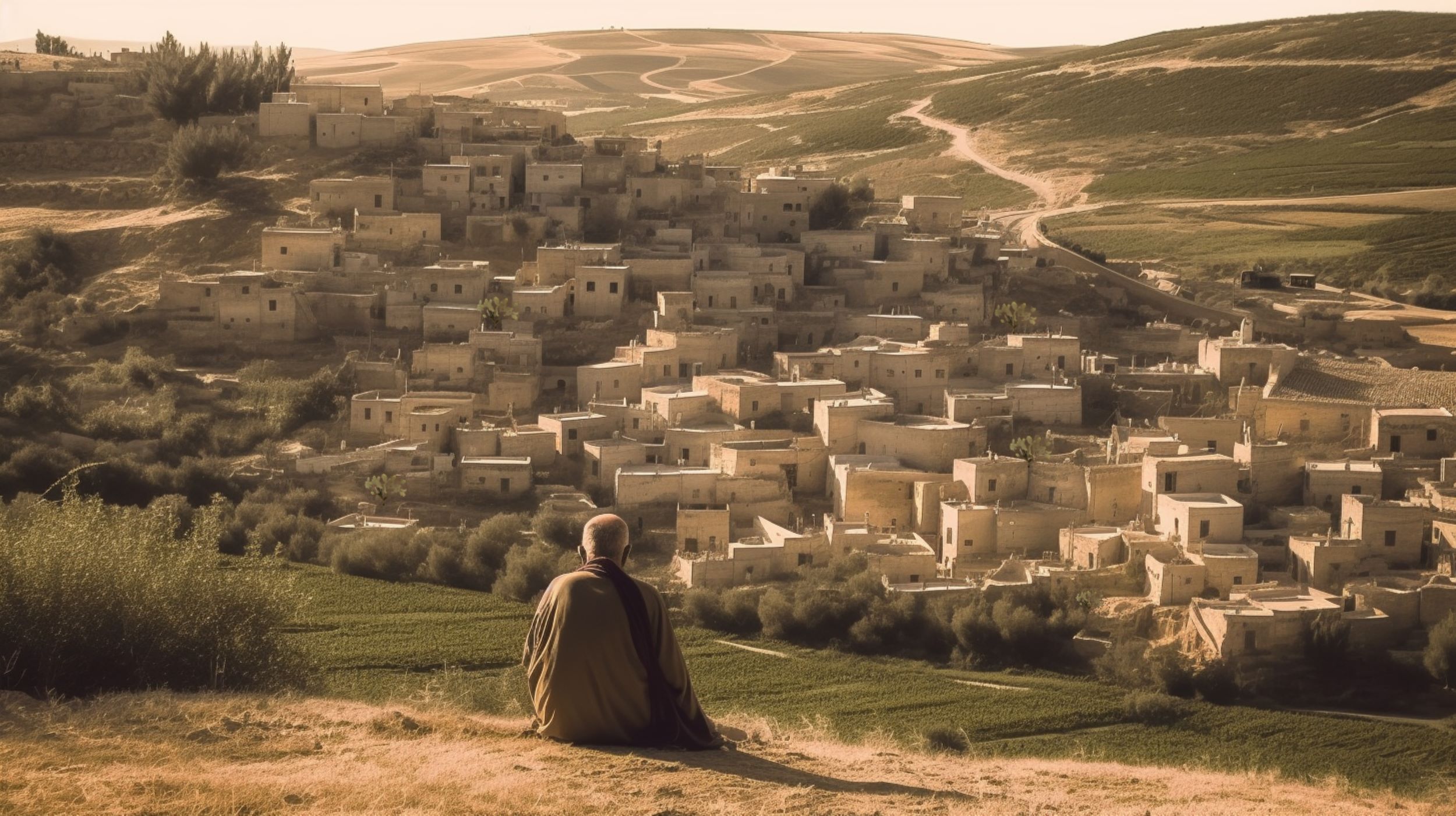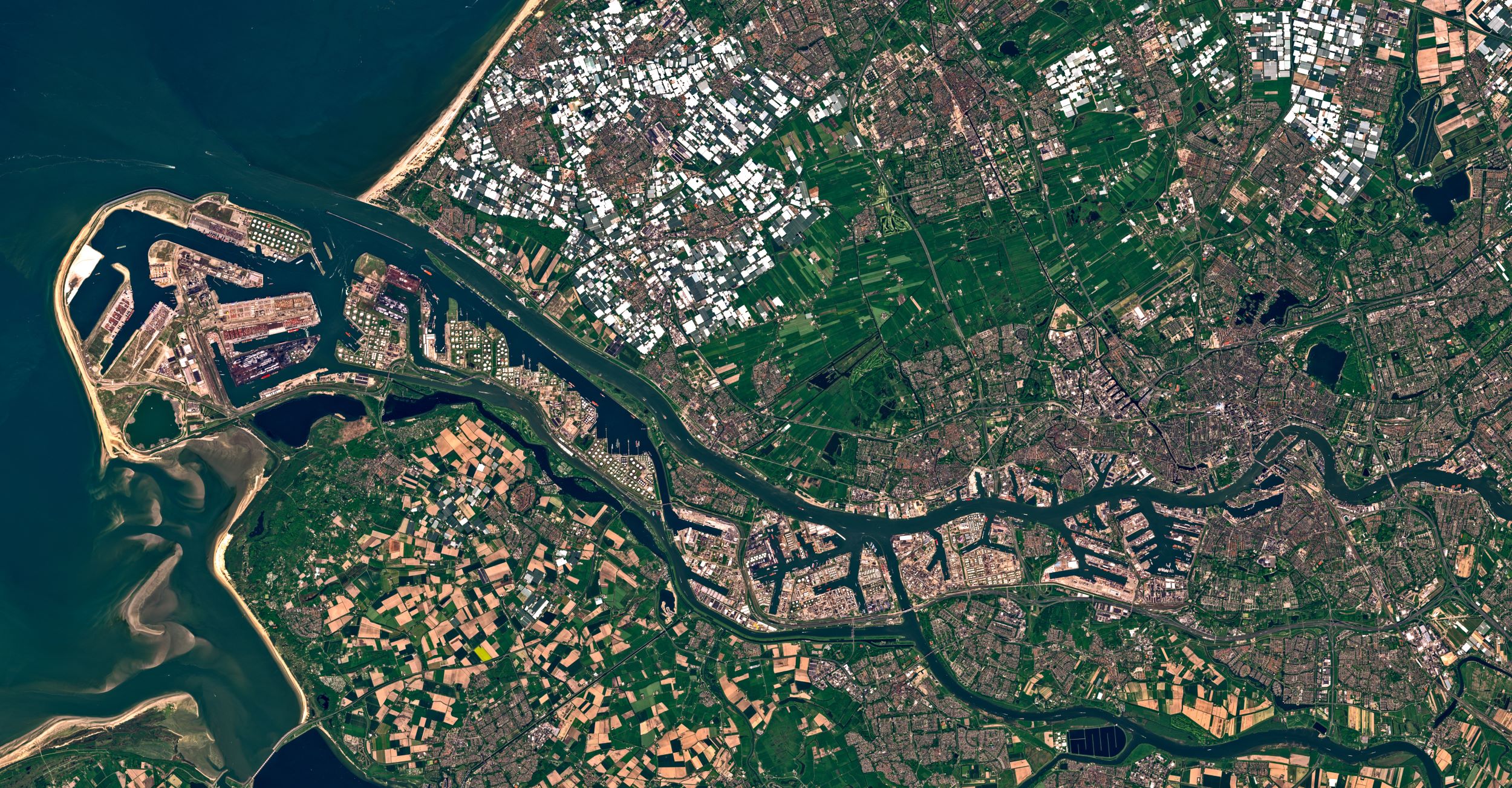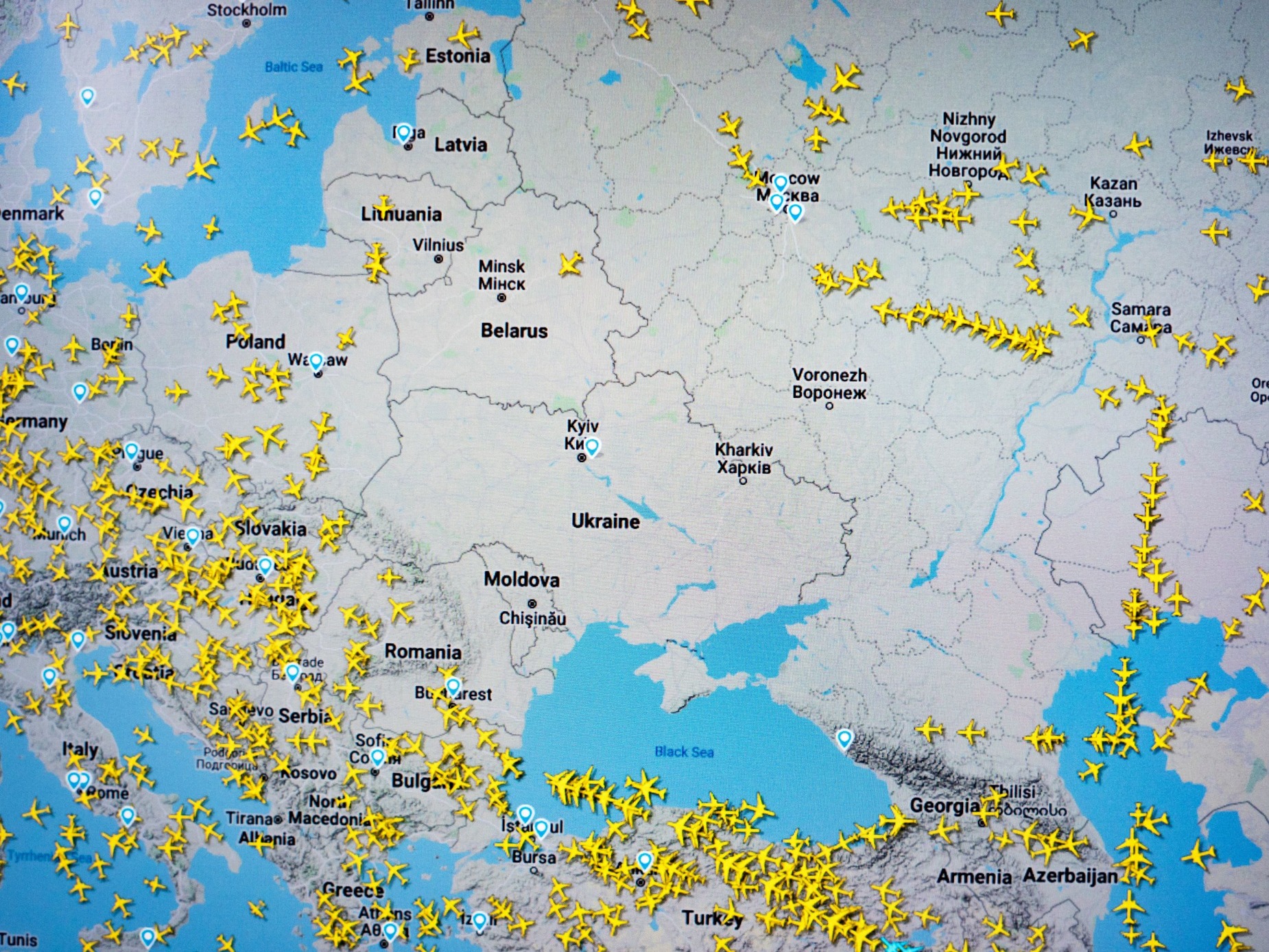تناولت وسائل الإعلام، خاصة الرقمية منها، خبر انتشار وباء الكوليرا في الجزائر بإسهاب، وتناقله مستخدمو وسائل التواصل الاجتماعي بسرعة فائقة. أمرٌ أدخل الرهبة لدى الجزائريين خوفا من انتقال العدوى، إذ ما أن انتشر الخبر حتى أعقبه خبر آخر من جهات مجهولة المصدر، اغتنمت الفرصة لتطلق أخبارا مضللة قائمة على التهويل والتصعيد للحادثة، يتضمن منع السفارة الفرنسية للجزائريين من السفر إلى فرنسا إلا بشرط تقديمهم لوثيقة طبية تثبت عدم إصابتهم بالوباء، وإن لم يتحصَّلوا على الشهادة يتوجب عليهم إجراء فحوصات طبية إجبارية مقابل مبالغ مالية يدفعونها بمجرد أن تطأ اقدامهم المطارات الفرنسية.
عايش الجزائريون المسافرون المتجهون نحو فرنسا هلعا نفسيا في الفترة الماضية من جراء سماع هذا القرار، لولا تفنيد السفارة الفرنسية للإشاعةمن خلال بيان تكذيبي لها عبر الصفحة الرسمية على الفيسبوك وموقعها الرسمي، أكدت فيه عدم اتخاذ أي إجراء يخص المسافرين القادمين من الجزائر من طرف وزارة التضامن والصحة (1).
هذا ما دفعنا للتساؤل عن دور الإعلام الرقمي في إثارة الرأي العام. هل هو منبر حر بحاجة للفلترة؟ هل يستدعي تزايد الإشاعة ضرورة فرض قانون لاستخدام هذه المنابر الإعلامية المفتوحة؟
هاجس الإشاعات
تزامن تزايد انتشار الأخبار الزائفة مع ظهور وسائل الإعلام الرقمية التي شكلت موطنا افتراضيا لازدهار صناعة الإشاعات وترويجها؛ ففي عام 2017، انتشرت إشاعة إقرار تعديل في الحكومة الجزائرية متمثل في الإطاحة بحكومة الوزير الأول عبد المجيد تبون آنذاك. وعلى إثر هذا الخبر، سارعت الجهات الحكومية للرد ببيان رسمي نشر في البوابة الالكترونية لموقع الوزارة الأولى غرضه تكذيب الخبر(2)، إذ تدرك الحكومة خطورة إشاعة من هذا النوع في زعزعة المشهد السياسي.
في أغلب الأحيان لا يكون نشر الأخبار المغرضة محض صدفة، وإنما بشكل ممنهج ومتعمد من طرف جهات مجهولة هدفها في الغالب تحقيق أغراض سياسية، لبعث الإرباك والقلق لدى الجهات المستهدفة.
اختلفت الآراء باختلاف الرؤى حول موضوع تقنين الإعلام الرقمي بين مؤيد ومعارض، فهناك من يرى أن إعطاء الصبغة القانونية للصحافة الرقمية يعتبر تنظيما لعشوائية القطاع. هذا ما يستدعى تدارس مسودة تقنين الإعلام الرقمي ووضعها على طاولات وزارة الإعلام والاتصال نظرا لما لحق بمجال الصحافة من فوضى وعشوائية، كان المتضرر منها مزاول هذه المهنة النبيلة والمتلقي على السواء؛ فنظرا لغياب قانون ينظم النشر الإلكتروني ويحمي ممارسيه من مختلف الأخطار التي يمكن أن تلحق بهم من غياب للتأمين القانوني، محاولة تخفيف الأضرار التي تطال المتلقي المستهلك لمادة صحفية لا يعلم مدى مصداقيتها. وبسبب الزخم الكبير في المادة الإعلامية التي أصبحت تنشر دون أي حسيب ولا رقيب وغياب الضوابط التي تحكم المهنة، ناهيك عن الدور المهم الذي أصبح يلعبه هذا النوع من الإعلام في إثارة الرأي العام، توجَّب على الجهات المسئولة سنَّ قانون يحمي كل من مهنة وممتهن قطاع الإعلام.
وفي هذا السياق، أفادنا جمال رمالي، وهو صحفي جزائري كانت له عديد الإسهامات في بعض المنابر الإعلامية الجزائرية بنوعيها الرقمي والمطبوع، أن "الإعلاميين يتوجسون خيفة من "لفظة" قانون الإعلام الذي بات يرادف معاني التقييد والتضييق، إلا أن تنظيم الإعلام الرقمي صار أمرا ملحا حماية للإعلاميين والمجتمع من الممارسات الخاطئة، خاصة ما يتعلق بتعريف وتحديد الجرائد الإلكترونية وقوانين تأسيسها واعتمادها". وتحدث رمالي عن تجربة الجزائر بالقول "تنشط مئات الجرائد الإلكترونية في الجزائر دون أن يُعترف بها رسميا أو تمارس حقّها في الحصول على المعلومة"، ونبّه إلى أن "هذا الفراغ القانوني ينذر بمخاطر المتابعات القضائية، والعجز عن حماية الحقوق الفكرية لإعلاميي المواقع، إضافة إلى الحاجة الملحة لحماية الأفراد والجماعات ومنحهم حق الادعاء على أي إساءة قد تصدر إلكترونيا". كما أشار رمالي إلى منطقية مخاوف الإعلاميين من نسخ قوانين الإعلام التقليدي وفرضها إلكترونيا.. "بدليل ما ذهبت إليه المادة 71 من قانون الإعلام الجزائري رقم 12-05 المؤرخ سنة 2012 والتي ضبطت ممارسة نشاط الإعلام الإلكتروني بأنواعه، بنفس ضوابط الإعلام التقليدي التي تضمنتها المادة 2 من نفس القانون، فقانون الإعلام الرقمي يقتضي إعداده في إطار هوامش ومساحات واسعة لحرية الرأي والتعبير، تماشيا مع السيل الإعلامي الكبير في المواقع الإخبارية وخصوصية الوسيلة".
تقييد لحرية التعبير
من جهة أخرى، هناك من يرى أن فرض الصفة القانونية لمجال الإعلام الإلكتروني هو نوع من ممارسة سلطة غير مشروعة وقمع لحريات التعبير، ما يؤدي للتضييق وبسط الخناق على صوت الرأي العام، خاصة وأن الصحافة هي الوسيط بين المواطن وصناع القرار.
بيد أن العديد من المنابر الإعلامية يسيرها رجال أعمال أظهروا ولاءهم للجهات الحاكمة، ما أثَّر بشكل جلي على المحتوى المقدم للقارئ، وعمد إلى تسييس قطاع الإعلام بشكليه التقليدي والجديد.
ومن خلال تقرير نشرته منظمة "مراسلون بلا حدود" في 26 يوليو/تموز الماضي، كشفت فيه عن تهديد آخر يتعرض له الصحفيون، وهو "التنمر الإلكتروني ضد الصحفيين، والذي عنونت به تقريرها لسنة 2018.
كما حذرت المنظمة من اتساع التهديد الجديد على حرية الصحافة من تكميم لأفواه ممارسي المهنة باستخدام أساليب عنف نادرة، ووثقت هجمات جديدة على الشبكة، وحللت الأسلوب العملي لهؤلاء المتصيدين لحرية الصحافة، والذين عُرفوا كيف يستعملون التكنولوجيات الجديدة حتى يعطوا امتدادا أكبرا لنموذجهم القمعي.
وبهذا الخصوص، صرح الأمين العام لمنظمة "مراسلون بلا حدود" السيد كريستوف دولوار بالقول: "الهرسلة (المضايقة) الإلكترونية ظاهرة تنتشر على الصعيد الدولي، وتمثل اليوم أحد أخطر التهديدات على حرية الصحافة، ولقد اكتشفنا أن الحروب الإلكترونية لا تشن فقط بين الدول، لكن أعداء الصحافة أسسوا جيوشا إلكترونية لمهاجمة وإضعاف كل الذين يسعون إلى الحقائق بصدق يدفع هؤلاء الطغاة مرتزقتهم لاستهداف الصحفيين وإطلاق رصاص حيا عليهم في العالم الافتراضي، تماما كما يفعل آخرون في ميدان الحرب" (3).
وقد كشف نفس التقرير عن أن النساء الصحافيات هن الأكثر تعرضا للهجمات الإلكترونية، حيث كان ثلثي الصحفيات ضحايا الهرسلة ،و 25 % تمت هرسلتهن عبر الشبكة الالكترونية (3).
وفي ظل كل هذه التناقضات والارتياب يظل الاختلاف والجدل قائما بين مؤيد لسن قانون ينظم الإعلام الرقمي، وبين معارض له لحين التوصل إلى صيغة قانونية مناسبة ترضي الطرفين.
المراجع:
(1) https://dz.ambafrance.org/%D9%88%D8%A8%D8%A7%D8%A1-%D8%A7%D9%84%D9%83%D…
(2) https://www.echoroukonline.com/%D8%A7%D9%84%D8%AD%D9%83%D9%88%D9%85%D8%…
(3) https://rsf.org/ar/news/-79











